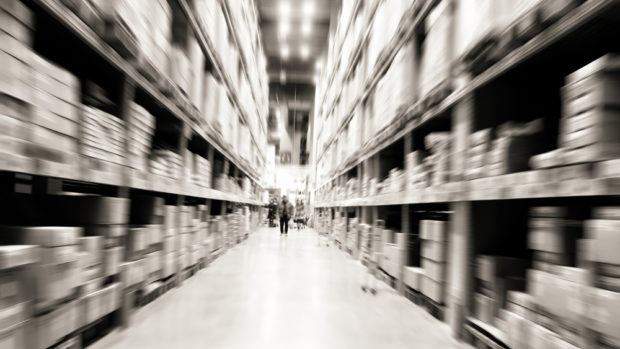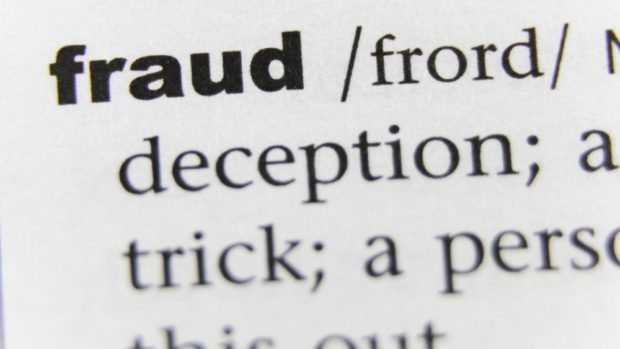
With just months to go until the UK government introduces its green tax on plastic packaging, many businesses are still navigating its requirements and considering how to accommodate this significant regulatory change into their daily operations.
The new UK Plastic Packaging Tax comes into force on April 1, 2022, and applies to any UK business that manufactures or imports ten or more tonnes of plastic packaging per year. The tax is due on finished plastic packaging components that contain less than 30 per cent recycled plastic and charged at a rate of £200 per tonne of packaging.
The environmental tax forms part of the government’s bid to tackle avoidable plastic waste and aims to drive real and lasting change in the packaging industry. In the UK, over two million tonnes of plastic packaging are used each year and, according to WRAP (the Waste and Resources Action Programme), plastic packaging accounts for almost 70 per cent of the country’s plastic waste.
The tax is being introduced to encourage businesses to incorporate more recycled plastics into their plastic packaging; drive demand for recycled materials; and increase the collection of plastic waste, thereby diverting it from landfill or incineration. The government estimates the use of recycled plastic in plastic packaging could increase by approximately 40 per cent as a result of this tax.
The tax obligations will present new challenges for many businesses, from small and medium sized processors to major, multi-national brands. Concerns regarding the increase in demand for recycled materials – and indeed a lack of such items in the UK and Europe – have been voiced.
Whilst manufacturers and processors are well versed in managing fluctuations in raw material cost and availability, the new tax introduces a variety of unique complexities for the plastic packaging industry. In the medical and food industries, for example, some recycled plastics do not meet the same technical standards as virgin polymers, leading to potential price hikes. Additionally, any material shortages or increased costs could see more brands opting for non-plastic alternatives, such as carton board and fibre-based packaging.
Companies will be required to submit data every quarter to ensure compliance with the tax. Inevitably, collating and maintaining highly accurate records will be the most disruptive aspect of the new tax for many businesses. However, effective data and compliance management delivers a host of benefits.
It enables packaging producers, brands and retailers to identify their own strengths and weaknesses whilst evaluating their environmental performance and position within the marketplace. It also assists with the streamlining of audits, quality control, compliance, budgets and operating efficiencies. Accurate data management provides visibility and clarity, which helps businesses identify emerging trends, cost savings and growth opportunities with greater ease.
Many plastic packaging companies are using data to create sustainable targets that align with their growth objectives and market demands. The packaging industry has been pioneering sustainable alternatives for some time but at the start of the pandemic, many businesses went into survival mode and predominantly focused on output, hygiene and workplace wellbeing; sustainability was temporarily pushed down the agenda.
From April 2022, manufacturers and brands will have to prioritise the new legislation and adopt a much more targeted approach to sustainability in order to reduce costs. Going the extra sustainable mile is no longer an aspiration for this industry. If your business is impacted by the tax, implementing a comprehensive sustainability strategy will be critical to your long-term success.
The new tax calls for greater collaboration and transparency within the supply chain. The businesses that manage their data effectively will be able to maintain a clear audit trail and prove, without doubt, the authenticity of the materials used in their packaging. Combining excellent environmental credentials with the ability to demonstrate the provenance and quality of formulations will strengthen credibility, a key attribute of any packaging business moving forward.
Sourcing, collating, maintaining, and analysing data from a variety of sources may seem daunting, but integrating a robust data and compliance management infrastructure will deliver long-term significant benefits and a considerable competitive advantage.








Share